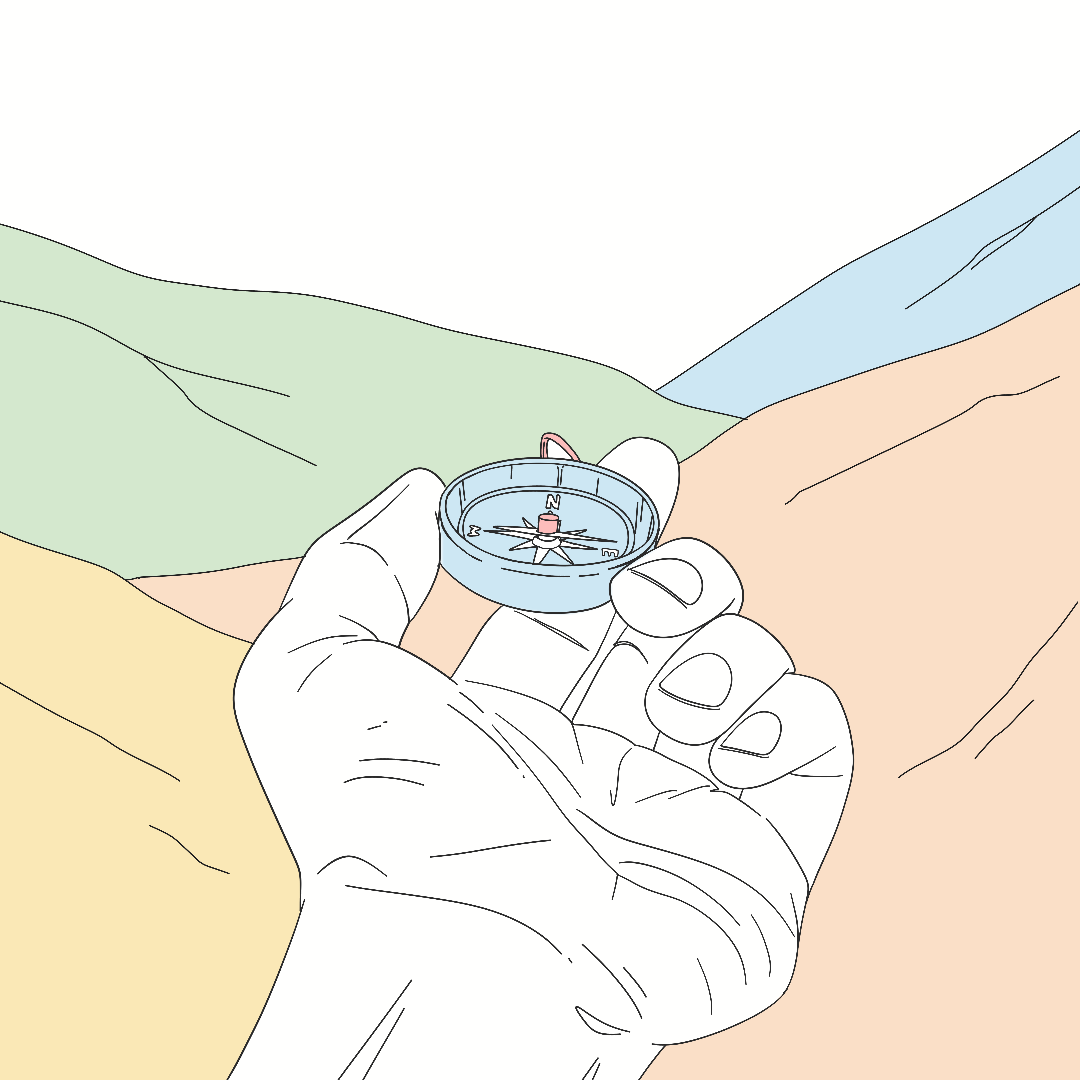Step 10 Inventory | Continuing Personal Inventory Every Day
Step 10 Inventory
In 12-step recovery, Step 10 inventory practice is like using a compass to keep your life on course – each day you check your direction and make corrections to stay aligned with your principles.
Step 10 of Alcoholics Anonymous (and other 12-step programs) says: “Continued to take personal inventory and when we were wrong promptly admitted it.” This means that even after you’ve done an initial deep inventory (back in Step 4), you keep examining yourself every day. By taking a daily Step 10 inventory, people in recovery watch for any emotional disturbances – things like resentment, fear, selfishness, or dishonesty – that cropped up during the day. The goal is to spot these promptly, admit your part, and set them right before they grow into bigger problems.

A Step 10 inventory is typically done in the evening as a quiet reflection or journaling exercise. You might ask yourself questions such as: Was I resentful or angry today? Do I owe anyone an apology? Did I help others, or was I selfish? What did I do today that I’m proud of? By answering these, you “clean your side of the street” daily, keeping your mind and relationships clear. As one recovery expert notes, “Taking a daily inventory is important to all people, but especially to those in recovery.” It helps maintain the spiritual basis of recovery one day at a time. Rather than being a burdensome chore, many find Step 10 to be a relief – a way to let go of the day’s negativity and acknowledge progress. As one AA member put it, Step 10 gives us “a plan of daily action that will work each day that I work it”.
When using as part of your Step 10 practice, remember that we are inspired by tools like the tenth step, but we’re not an official 12-step program. There are no mentions of God or higher powers in our prompts, and we welcome people of any or no faith. Still, the core idea is similar: our daily inventory helps you examine your day honestly. For instance, the “Struggles” prompt lets you note any behavioral bumps or wrongs without judgment, and the “Changes” prompt asks what you could do differently next time.
These align well with Step 10’s intent of admitting mistakes and seeking improvement. You can use Daily Inventory alongside your 12 Step practice – some users discuss their Daily Inventory entries with a sponsor or counselor.
By doing a Step 10 inventory every day, you’ll find that you catch yourself sooner when you’re off beam. Rather than letting resentments fester or fears silently grow, you’ll shine a light on them and address them. Over time, this daily practice becomes second nature – you become a person who naturally reflects, takes responsibility, and grows. It’s said in recovery circles that “we are only as sick as our secrets.” Step 10, especially when aided by a tool like Daily Inventory, ensures you aren’t keeping secrets from yourself. It’s a daily dose of honesty and humility that keeps you moving forward on the path of sobriety with integrity and self-awareness. To explore a more secular take, you might read about our personal inventory approach, which shares Step 10’s principles for anyone pursuing personal growth.